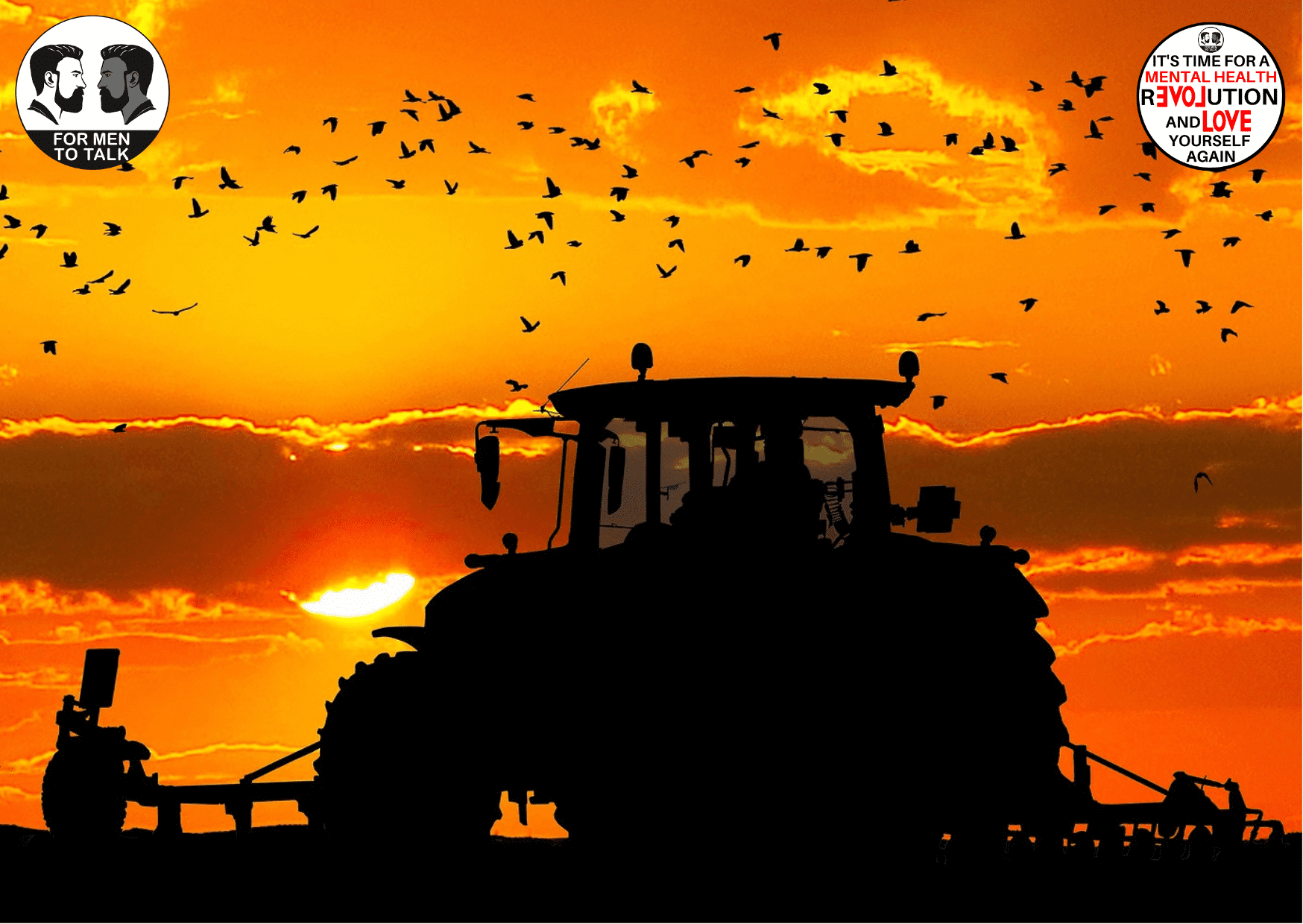Cultivating resilience: Addressing mental health in farming

Farming isn’t just a profession; it’s a way of life deeply intertwined with the land, seasons, and livelihoods. Yet, amidst the picturesque landscapes and idyllic visions of rural life, there exists a silent struggle that often goes unnoticed: the mental health challenges faced by farmers. Behind the scenes of abundant harvests and rolling fields lies a community grappling with stress, anxiety, and depression at alarming rates. Mental health in farming is not just a concern; it’s a pressing issue that demands attention and action.
The agricultural sector is no stranger to adversity. Farmers contend with unpredictable weather patterns, fluctuating market prices, and the relentless demands of the job. The pressure to produce, coupled with financial uncertainties, can weigh heavily on mental well-being. In remote rural areas, access to mental health resources may be limited, exacerbating feelings of isolation and hopelessness.
One of the primary stressors in farming is financial instability. Fluctuating commodity prices, rising input costs, and market uncertainties can lead to significant financial strain for farmers. The burden of debt coupled with the inability to predict future income can contribute to anxiety and depression. For many farmers, the farm isn’t just a business; it’s a legacy passed down through generations, adding an emotional layer to financial struggles.
Moreover, the nature of farming often requires long hours of solitary work, leading to social isolation. The stereotype of the stoic, resilient farmer can deter individuals from seeking help or expressing vulnerability. The stigma surrounding mental health further compounds the issue, creating barriers to seeking support. As a result, many farmers suffer in silence, reluctant to acknowledge their struggles or reach out for assistance.
The impact of mental health challenges extends beyond individual farmers to affect farm families and rural communities. Stress and tension within the family unit can strain relationships and erode emotional well-being. Children growing up on farms may witness firsthand the toll that farming takes on their parents, leading to feelings of anxiety and uncertainty about the future. Additionally, the broader community may experience the ripple effects of mental health struggles, such as increased rates of substance abuse and suicide.
Addressing mental health in farming requires a multifaceted approach that acknowledges the unique challenges faced by agricultural communities. Increased access to mental health services, both in-person and through telehealth options, is essential to ensure that farmers have the support they need. Collaborative efforts between government agencies, agricultural organisations, and mental health professionals can help bridge the gap in services and raise awareness about the importance of mental well-being in farming.
Furthermore, promoting conversations around mental health is crucial in empowering farmers to seek help without fear of judgment or shame. Creating safe spaces for farmers to share their experiences and connect with peers can foster a sense of belonging and solidarity. Peer support programs, mental health awareness workshops, and educational resources tailored to the farming community can all play a role in promoting mental wellness.
In addition to addressing immediate mental health needs, implementing long-term strategies to support the resilience of farming communities is essential. This includes providing financial counselling and assistance programs to help farmers manage economic challenges, as well as promoting sustainable agricultural practices that prioritise both environmental and mental health.
Ultimately, fostering a culture of care and compassion within the farming community is essential for cultivating resilience in the face of mental health challenges. By recognising the unique stressors faced by farmers and offering support that is accessible, empathetic, and non-judgmental, we can work towards building a brighter and healthier future for farming families and rural communities alike.